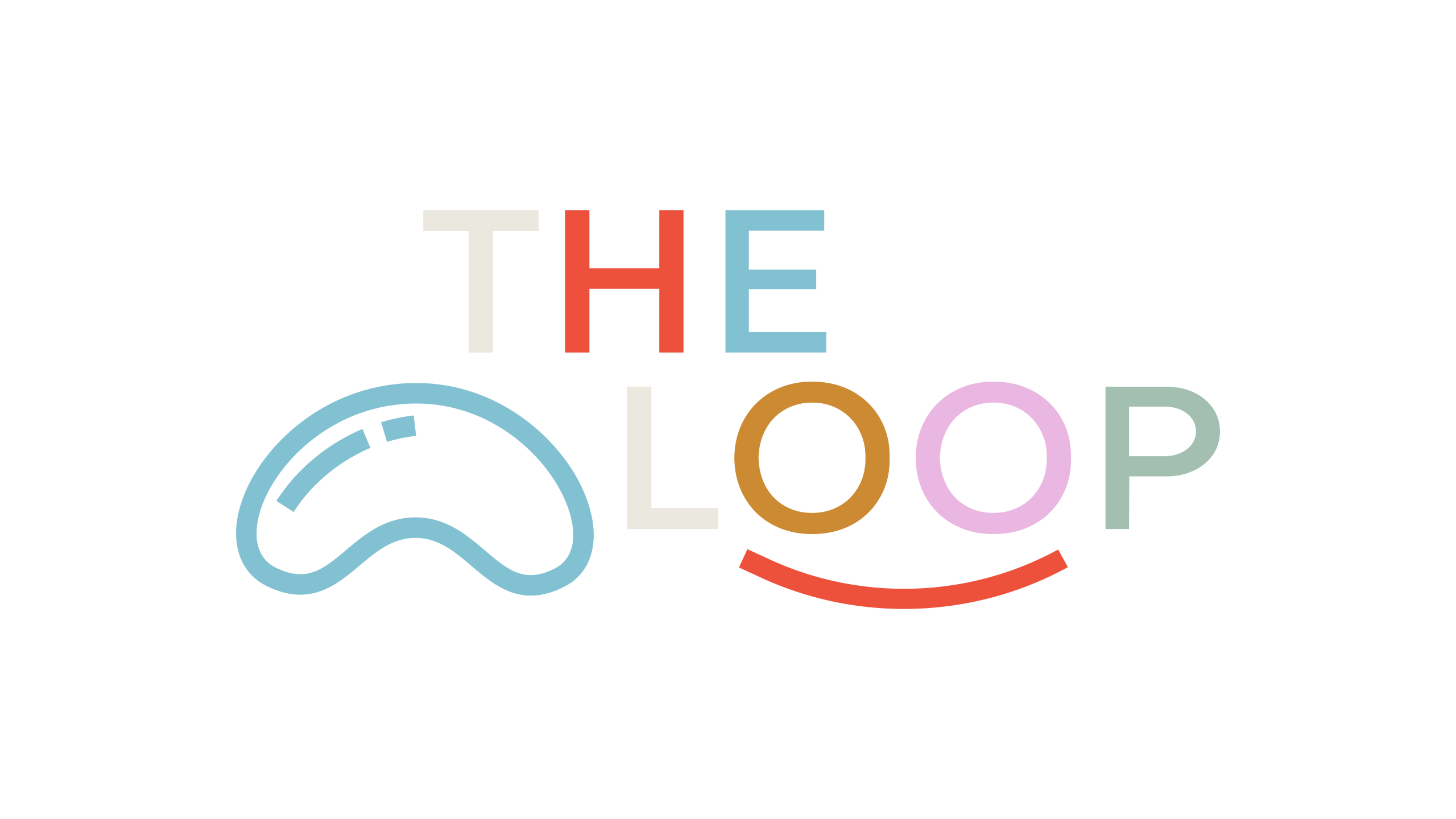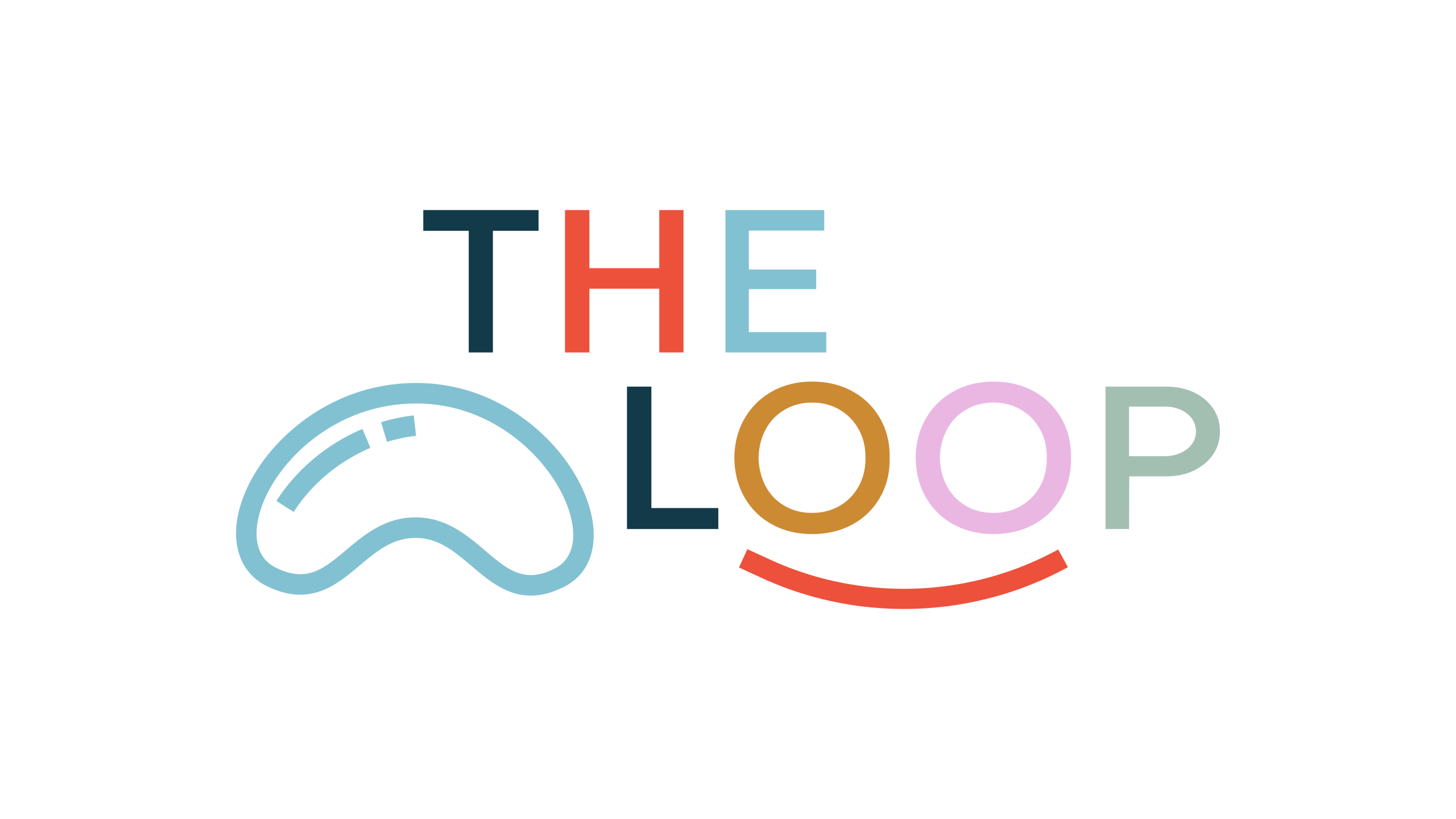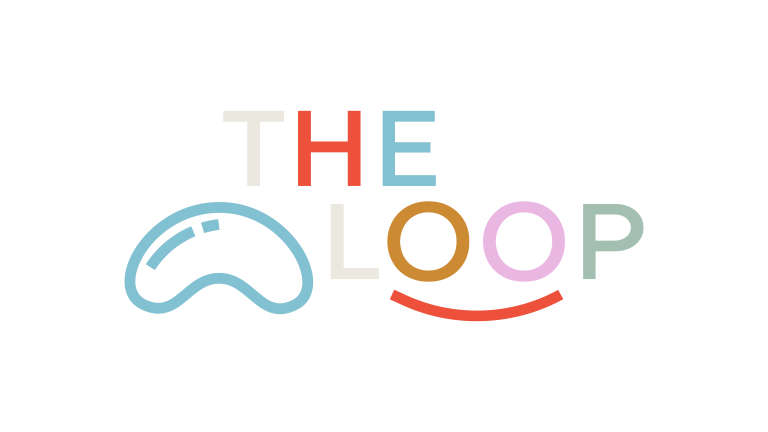
If there’s one issue that’s sparked a lot of debate and dialogue in the educational and parental communities—it’s ADHD.
Many folks have their opinions on the subject—and many have contradicted one another to the point where it’s hard to know what to believe when it comes to ADHD.
How can you separate fact from fiction, to understand what the best options are for your child and their unique needs?
Maybe you suspect your child may be experiencing ADHD, and you want to learn about the best steps to take to get your concerns addressed and your child assessed.
Maybe your child has recently received an ADHD diagnosis but you’re not sure where to turn to get them the help and support they need to thrive as a child with ADHD.
As a parent, you only want what's best for your child. But, when it comes to such a hot button issue like ADHD, the sheer amount of info floating around on this subject can feel overwhelming and confusing to navigate.
This article was written to help you better understand what ADHD is, as well as to learn about the many options for helping your child manage their symptoms, and thrive in both school and life as a whole.
Hopefully, we can help you separate falsehoods from truth when it comes to ADHD and your child. This way, you can confidently advocate for them about this issue, adding this knowledge to your in-depth awareness about what makes your child unique and special.
Let’s start by getting a clear understanding of ADHD as a diagnosis.
What is ADHD?
As you’re probably aware, ADHD stands for Attention-Deficit/Hyperactivity Disorder.
A common neurodevelopmental disorder in children, ADHD impacts the areas of the brain whose function is to help us focus, organize thoughts, and control our impulses and behaviors.
In a nutshell, ADHD is a problem with executive functioning skills, which are a crucial collection of mental skills, housed in the frontal portion (or lobe) or our brains. These skills are key in helping us plan, organize, plan, and achieve goals.
For children who experience ADHD, their struggle to focus and sustain attention, tendency to be hyperactive, and impulsivity can interfere with their learning in school as well as their overall functioning and development.
Many children with ADHD also face an additional hurdle, which is the untrue stigma that they’re lazy or simply lack the willpower to overcome their issues and impulses. This is a harmful myth that too many children with ADHD and their families encounter.
The truth is—children with ADHD are fighting tooth and nail to control their impulses and keep them in check. But the differences in their brains make this difficult to accomplish.
There was a time when people even blamed parents for their children’s ADHD—believing it was related to too much sugar, or television. These are now known to not be the cause of ADHD.
While the primary symptoms of ADHD are hyperactivity, impulsivity, and difficulties with focus, not all children with ADHD will present with all of these symptoms. Some will experience all in varying degrees. Some children only struggle with their attention skills (this type of ADHD is also sometimes referred to as ADD).
What are the common signs of ADHD in children?
Every child with ADHD is different and unique. As a result, the symptoms of ADHD will vary, depending on the individual child experiencing them.
That said, there are, however, some common features of ADHD. Knowing some or all of these may help you to better understand and recognize these issues if they show up with your child.
School-aged children with ADHD often experience difficulties with—
Focusing during the school day
Time management skills
Organization and planning skills
Remembering what they’re told and what they read
Understanding and following directions
Shifting their focus and making transitions throughout the day
Planning, beginning, and completing tasks
People with ADHD can also struggle with their emotional regulation skills. They may also experience a keen sense of rejection sensitivity, or feel overwhelmed more often than their same-aged peers.
Children with ADHD may find it difficult to remain still and attentive throughout the school day.
They may appear lacking in a sense of awareness and inhibition about the things they say and do. This is due to the impulsivity that often goes along with an ADHD diagnosis.
While the differences in the brains of children with ADHD doesn’t make them any less intelligent than their same-aged peers, they may act in a way that makes them seem younger than their age. This is due to the delays in the development of executive functioning skills in the brains of children with ADHD.
While ADHD is believed to have a genetic component (as a child with ADHD has a high likelihood of having a parent with the condition), the underlying causation of ADHD in the children who develop it is not yet clear. There are, however, robust and ongoing research efforts that are investigating this issue.
While there’s much that continues to be studied about ADHD, some things about this issue are clear. For one thing, we’re currently much more adept at recognizing and diagnosing ADHD than we once were.
This is a good thing, because it means children with ADHD are being correctly diagnosed and receiving necessary supports and services much earlier. This leads to more positive outcomes, as well as a better understanding and a more inclusive educational experience for children with ADHD.
What help is available for my child if they’re diagnosed with ADHD?
If you’re concerned your child may have ADHD but it has not been formally assessed and diagnosed, the first step is to reach out to your child’s teacher or school to discuss a formal evaluation.
The Loop exclusively partners with Chicago-area private schools to offer the highest quality in therapeutic services. Our therapists are skilled at assessing and treating children with a wide range of needs—including ADHD.
If a parent, teacher, or other educational professional have concerns about a child and wish to pursue further assessment, we mobilize to help.
Before we formally evaluate your child, we’ll first schedule a time to connect with you via phone or in-person to listen to your concerns and answer any questions you may have. It’s important to open lines of communication and ensure we’re on the same page—and we always want to involve you in the process!
If an evaluation is warranted and agreed upon, we’ll work with your child’s teacher to schedule a time to complete a thorough assessment of their skills and areas of needs right in their school.
The results of your child’s evaluation will be reviewed and shared with you and your child’s educational team.
Using this information, we’ll develop a plan for treatment that’s based around your child’s unique needs, strengths, and preferences.
We’re always focused on making our sessions both beneficial and engaging for the children we serve. And, we tailor each treatment plan to each individual child we treat—rather than providing them with a one-size-fits-all approach.
So, If your child gets diagnosed with ADHD—don’t panic! Today, we’re so much more adept at recognizing and effectively treating this issue than we once were.
Nowadays, there’s no reason ADHD has to negatively impact your child’s learning abilities or overall school experience.
We’ll ensure an inclusive, encouraging environment for your child—one that makes them feel supported and that celebrates their many strengths.
We’ll create a customized learning community for your child—designed to support and uplift them in the ways they need. We’ll make sure everyone is communicating and using the accommodations and strategies designed to support your child’s learning goals.
Instead of a struggle, we’ll work to make ADHD their superpower—by teaching you and them the tools they need to succeed and thrive.
P.S.—We love connecting with you! And, we make it easy and fun for you to stay in The Loop! Follow us on your favorite social platform @TheLoopSLL, reach out with questions anytime, and keep a close eye on our website for tons of fun, free info and activities!


